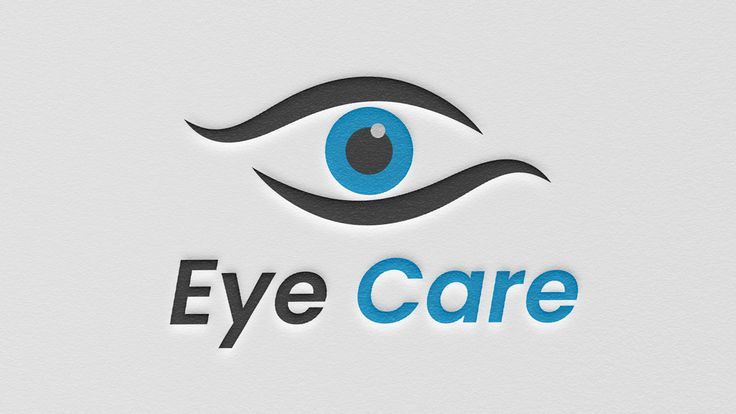Anti-VEGF Agents in Zaheerabad
Home/Services/Anti-VEGF Agents
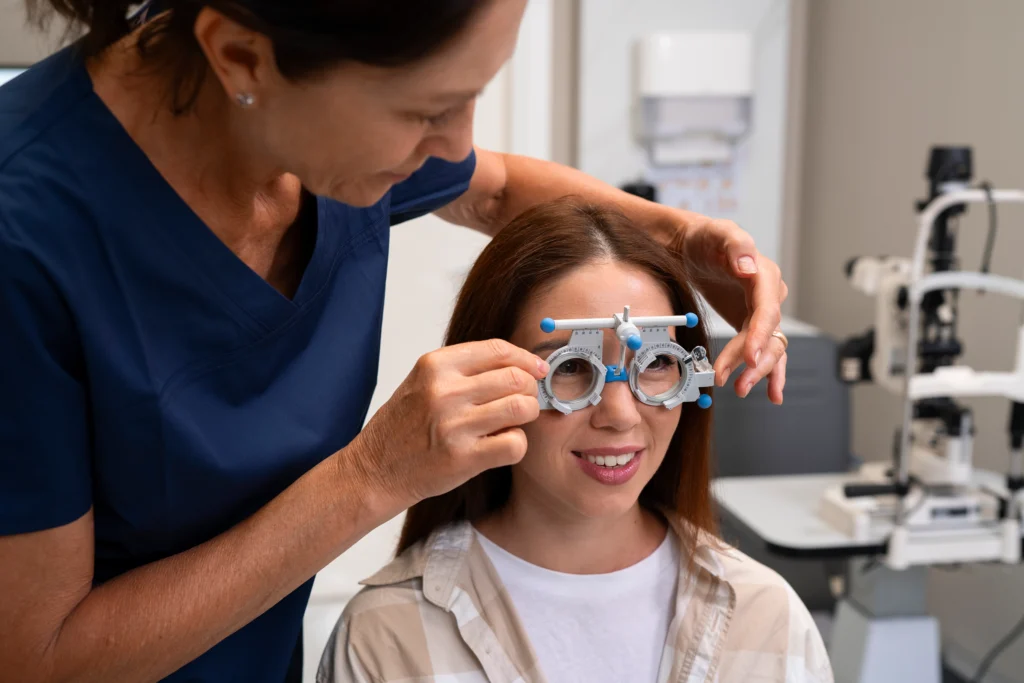
What are Anti-VEGF agents?
Your body generates a protein known as Vascular Endothelial Growth Factor (VEGF), which is crucial for forming and maintaining new blood vessels. However, in conditions such as diabetic retinopathy or age-related macular degeneration, VEGF promotes the growth of abnormal vessels that often bleed, leak, and eventually cause edema and vision loss.
Anti-VEGF agents are medications designed to inhibit VEGF activity, thereby reducing bleeding and vascular leakage.
When do I need Anti-VEGF agents?
If you are experiencing any of the following eye conditions, our specialists may recommend Anti-VEGF agents:
- Wet age-related macular degeneration (AMD)
- Macular edema, which is swelling of the retina
- Diabetic retinopathy
- Retinal vein occlusion
- Retinopathy of prematurity (ROP)
How our experts treat it
After our specialists evaluate your condition, they will decide if an Anti-VEGF treatment is suitable for you.
The procedure is brief and causes minimal discomfort. Our surgeons begin by numbing your eyes with a topical anesthetic. After cleaning your eyes and covering the surrounding area with a drape, they inject the Anti-VEGF through the white part of the eye using a fine needle. Finally, they gently massage your eye and apply antibiotic drops.
Symptoms of Cataract Include
- hazy, milky, foggy, or fuzzy vision
- inadequate night vision
- observing a halo (glare) surrounding lights, particularly while staring at nighttime headlights
- Rarely, double vision occurs in the affected eye.
- noticing a color fade
- Brighter reading lights are required.
- increasing susceptibility to bright lights and sunshine
- regular adjustments to glasses prescriptions
When to consider cataract surgery
Consult your eye doctor to see if surgery is the best course of action for you. When your cataracts start to hinder your quality of life, the majority of eye physicians advise you to think about having cataract surgery. Your capacity to carry out regular tasks, including reading or driving at night, may fall under this category.
Cataracts often do not cause visual impairments, thus most people do not feel a pressing need to have them removed. However, some people’s cataracts can worsen more quickly than others. These consist of obesity, high blood pressure, and diabetes.
When to consider cataract surgery
Discuss if surgery is the best course of action for you with your eye doctor. When your quality of life starts to suffer due to cataracts, the majority of eye physicians advise you to think about having cataract surgery. This could involve your capacity to carry out regular tasks like reading or nighttime driving.
Because cataracts often don’t damage the eyes, most people don’t feel the need to have them removed right away. However, some people may see a rapid worsening of cataracts. Diabetes, hypertension, and obesity are a few of these.
Different Types of Cataracts
Cortical Cataract
One type of cataract that starts at the periphery of the lens and progresses toward the center is called a cortical cataract. The term “cortical cataracts” refers to a type of cataract that develops in the cortex, or outside margins of the lens.
Intumescent Cataract
The term “intumescent cataract” refers to an advanced stage of cataract that develops when the lens swells due to the action of degraded lens protein. This condition might cause acute glaucoma and perhaps impair vision.
Nuclear Cataract
The center of the lens has an excessive amount of light scattering and yellowing. The nucleus, or the center of the eye, starts to become hazy, yellow, and hardens as it develops nuclear sclerosis.
Rosette Cataract
One kind of traumatic cataract is rosette cataract. A traumatic cataract is a clouding of the lens caused by either deep ocular trauma that breaks the lens fibers or blunt trauma to the head or eye region
Traumatic Cataract
Traumatic cataracts are cloudsing of the lens and eyes that can happen as a result of ocular trauma that is either blunt or penetrates the eye, damaging and disrupting the lens fibers.
Subcapsular Cataract
One type of cataract in which the posterior, or back, part of the crystalline lens becomes opaque is called a posterior subcapsular cataract.
FAQs
How long does cataract surgery last?
It usually takes 15 to 30 minutes for a cataract operation, depending on how severe the problem is. It’s a daily care protocol. Usually, it takes two to three hours to complete the process from entering the hospital to leaving.
Can I live a normal life after cataract surgery?
When cataract surgery goes well, most patients are able to resume their regular activities. However, in order to guarantee a speedy recovery and vision restoration, several safety measures must be taken during the healing process.
Is cataract surgery painful?
The majority of patients feel little to no discomfort during or following cataract surgery. During the operation, ocular drops are utilized to numb the affected eye. Post-surgical discomfort may typically be controlled with over-the-counter pain medication.
Our Services
Book An Appointment
Why Choose Eyecare Optical and Clinic ?
- Experienced Doctors
- Cutting-edge Technology
- 1000+ Trusted Patients
- 10+ Years Services
- 10,000+ Surgeries
- 100% Accurate Results
- Quick Recovery
- Your Vision Is Our Focus
- Treatments
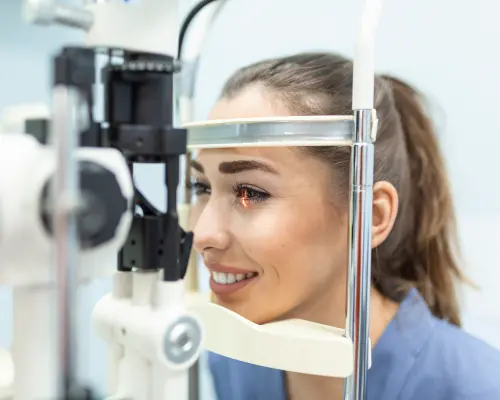
Customised LASIK
Personalized LASIK is a type of vision correction surgery that is more accurate and specific than normal LASIK since it is customized to the specific flaws in each patient's eye.
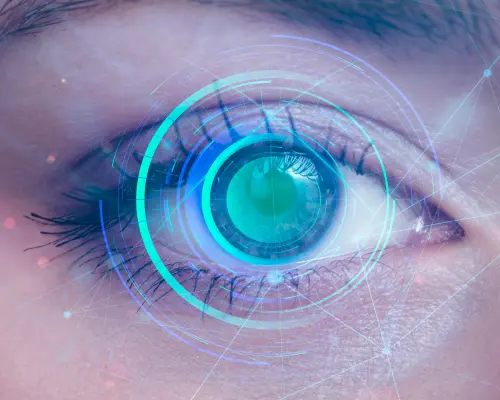
Retina Services
Retinal services include specialist medical care for the diagnosis, treatment, and management of disorders and diseases that impact the retina.
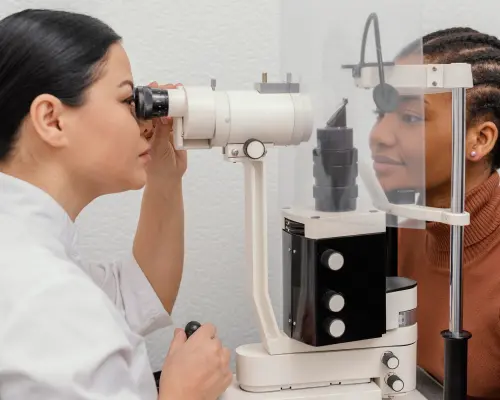
Corneal Services
The clear front surface of the eye, the cornea, is affected by a variety of diseases and ailments, which Corneal Services specializes in identifying, treating, and managing.
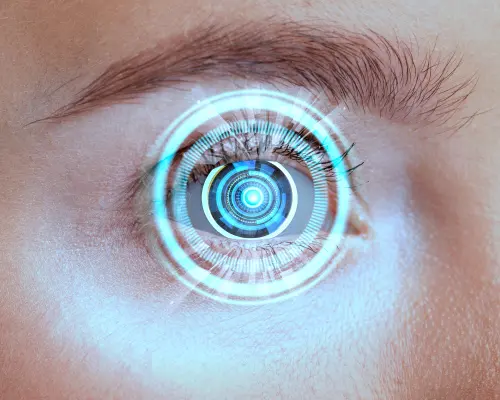
Anti-VEGF Agents
Anti-VEGF therapies are drugs that prevent aberrant blood vessel formation and leakage by blocking vascular endothelial growth factor (VEGF).
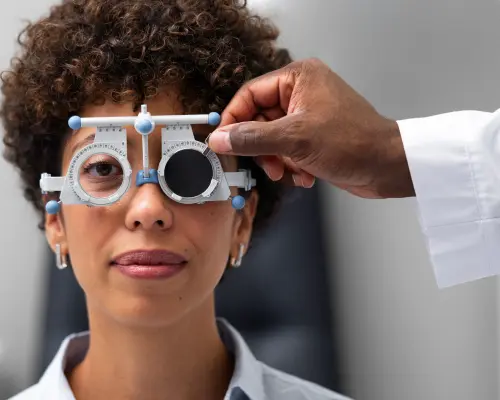
Epi-LASIK
A form of refractive surgery called epi-LASIK uses a laser to separate and reshape the corneal epithelium in order to treat visual issues like astigmatism, hyperopia, & myopia.
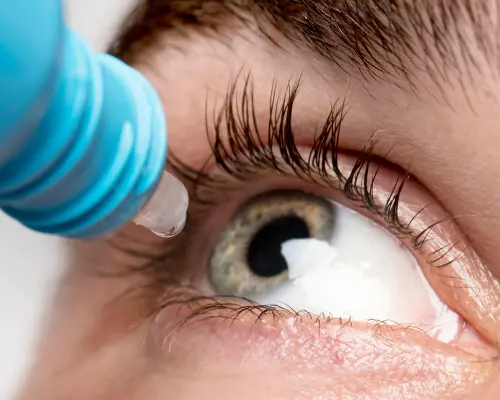
Dry Eye Treatment
To control symptoms and enhance tear production, dry eye treatment options include prescription drugs like cyclosporine, artificial tears, and lifestyle modifications.
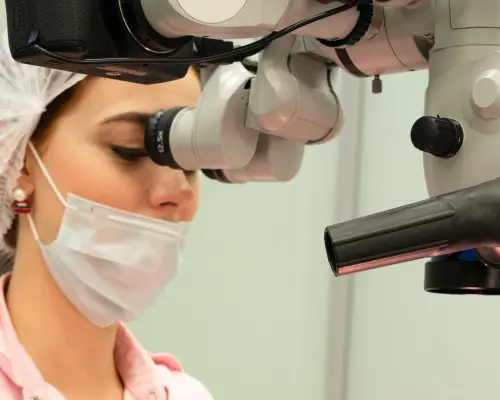
Contoura Vision
Contoura visual is a highly precise LASIK eye surgery treatment that corrects visual abnormalities using topography-guided technology.
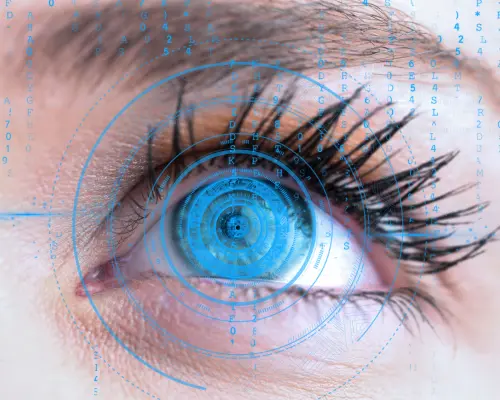
ICL
The term "ICL" refers to Implantable Collamer Lenses, a kind of corrective lens that is placed inside the eye to cure astigmatism, hyperopia, and myopia.
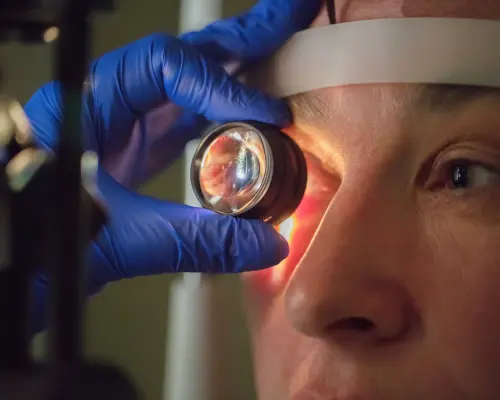
Cataract Surgery
The process of having a cataract surgically removed and a clean artificial lens placed in its place restores eyesight.

